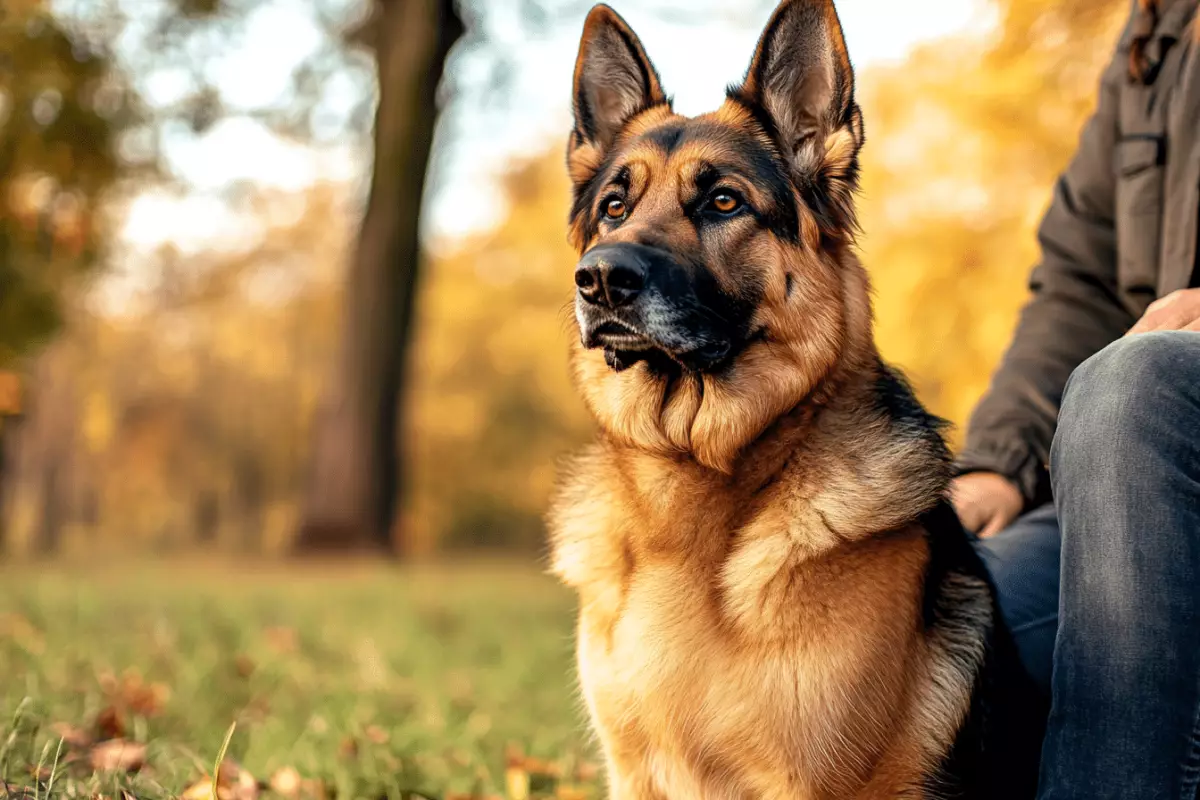In the intricate landscape of human-animal relationships, dogs stand out not only as beloved companions but also as incredible protectors. Their remarkable instinctual abilities allow them to sense danger in ways that often transcend human perception. From detecting medical issues to forewarning their owners about natural disasters, dogs demonstrate an extraordinary level of awareness that has long captured the fascination of animal behaviorists and pet owners alike. This article delves into the myriad ways dogs exhibit their protective instincts, highlighting their profound impact on human lives.
One of the most remarkable capabilities dogs possess is their ability to predict medical emergencies, particularly seizures and hypoglycemic events. Research indicates that dogs can detect subtle changes in their owners’ body chemistry, allowing them to sense an impending seizure before it occurs. This ability often manifests in behaviors such as nudging, barking, or displaying agitation. Such warnings can provide invaluable time for the affected individuals to reach a safe location, significantly reducing the risk of injury.
Moreover, dogs have shown exceptional prowess in identifying low blood sugar levels in people with diabetes. Their acute sense of smell enables them to identify chemical shifts in sweat that signal a drop in blood sugar. By alerting their owners through various behaviors—such as pawing, barking, or whining—dogs enable timely interventions, thereby serving as essential health monitors. This synchronization between humans and dogs not only underscores their loyalty but also reflects their role in safeguarding human health.
Dogs are not just medical sentinels; they also play a pivotal role in anticipating natural disasters. Their acute sensitivity to environmental shifts enables them to detect phenomena such as earthquakes and storms long before humans can perceive any changes. It is believed that dogs can sense the subtlest vibrations and shifts in air pressure, which trigger behaviors ranging from anxious pacing to hiding. Such instinctual reactions signal to their owners that something is amiss, prompting precautionary measures and potentially saving lives.
In various anecdotal accounts, dog owners recount instances where their pets expressed distress even hours before a storm, further illustrating the inherent connection between canines and their environments. This unique capability makes dogs invaluable companions, particularly in disaster-prone regions where early warnings can drastically mitigate risks.
The innate instinct of dogs to protect their territory and loved ones is virtually unparalleled. They can sense the presence of strangers, detecting unfamiliar scents or hearing sounds that evade human awareness. This vigilance often results in immediate warning behaviors such as barking, growling, or posturing. Such responses not only act as deterrents to potential intruders but also provide owners with a sense of security and trust in their canine companions.
This protective nature extends beyond just safeguarding the home; dogs can also alert their owners to smoke or fire. Their exceptional olfactory senses allow them to detect even the faintest traces of smoke before human noses can. By barking or signaling, dogs render early warnings that can prevent severe consequences, especially for individuals who may have limitations concerning mobility or hearing.
Beyond physical guardianship, dogs serve an equally critical role in emotional support. Their acute ability to read human body language and emotional shifts allows them to sense when their owners experience mental health struggles such as anxiety, depression, or post-traumatic stress disorder (PTSD). When they notice their owners are upset or distressed, dogs often respond with comforting behaviors, such as cuddling or offering physical affection.
These instincts reveal a deep emotional bond between dogs and their human companions, emphasizing the therapeutic role dogs can play in improving mental health. By providing unobtrusive support during challenging times, dogs demonstrate a level of empathy that enhances the overall quality of life for many individuals.
The incredible ability of dogs to sense danger before it manifests is a testament to their unique placement in the lives of humans. Their heightened senses, protective instincts, and intuitive emotional understanding elevate them from mere pets to invaluable companions. As they anticipate medical emergencies and natural disasters, defend their homes, and provide emotional support, dogs emerge as guardians in a myriad of contexts.
This extraordinary capacity of dogs not only emphasizes their loyalty but also reinforces the bond shared between species. Recognizing and understanding these innate abilities enables us to appreciate our canine companions not just as pets, but as essential partners that offer support and protection in times of need. Dogs truly epitomize the idea of being not just loyal friends but life-saving guardians who stand ready to shield and alert us to dangers we may not even perceive.

